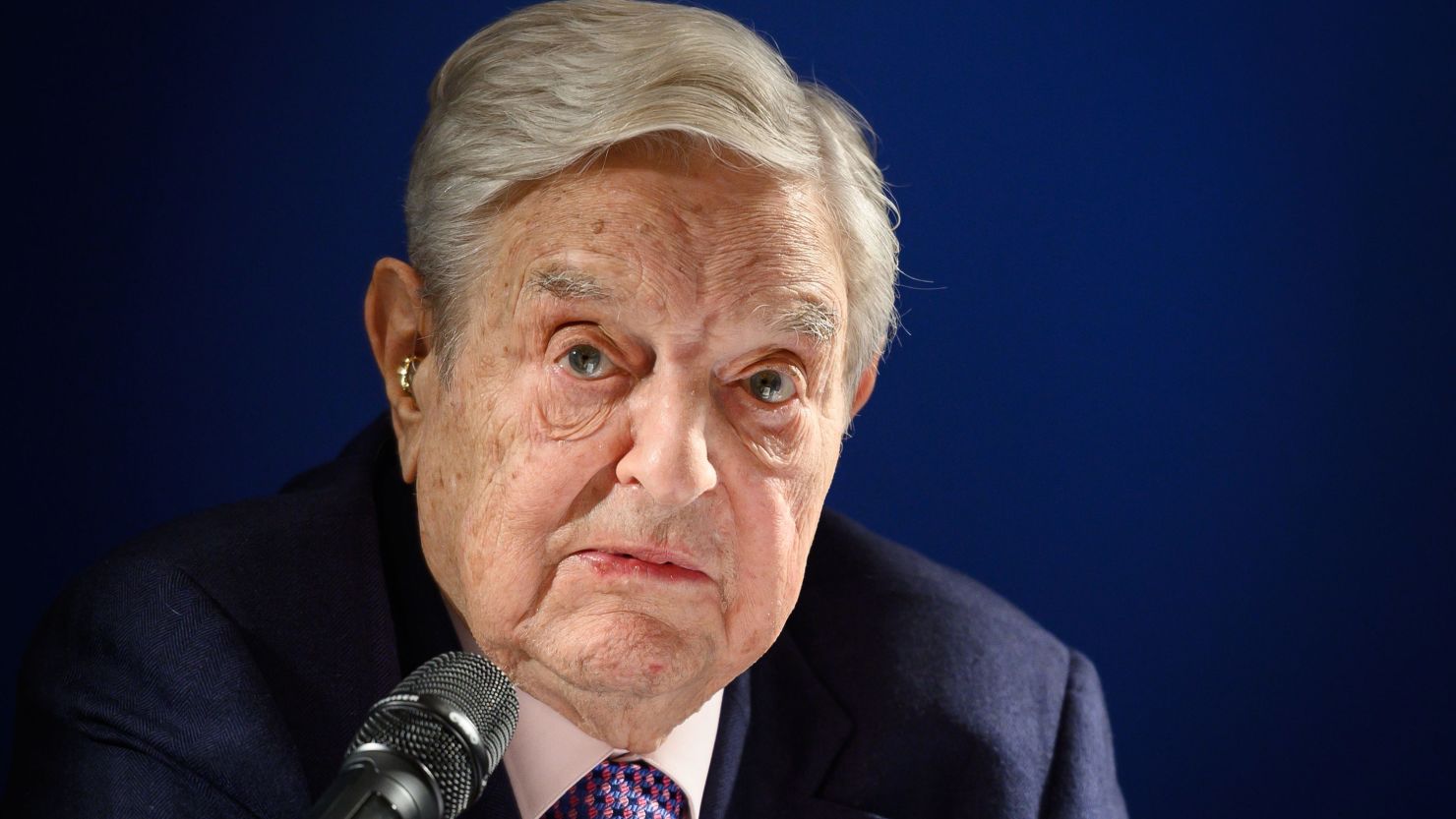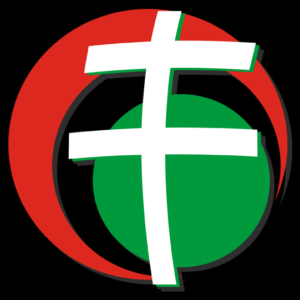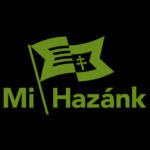Fidesz’s return to power and landslide victory in the 2010 election were clearly facilitated by widespread discontent with corruption within the incumbent left-wing government. Viktor Orbán, co-founder of Fidesz and leader of the party since 1993, now became prime minister for a second time with a two-thirds majority in parliament, enabling him to amend the constitution.
Orbán’s project is based on populism, nationalism, and an authoritarian view of governance. In his political speeches in recent years, Orbán repeatedly highlights demography, migration, and gender as three crucial issues. Demography refers to the low birth rate in Hungary and the long-term risk that the Hungarian nation may not be able to reproduce itself. Migration alludes, without reservations, to conspiracy theories of population replacement, suggesting that migrants will come to replace Hungarians. Gender pertains to the perception that the Western world embraces a gender ideology according to which natural gender roles should be broken down.
Essentially, Orbán has transformed the Hungarian constitution from an instrument of democratic governance into a tool of populist rule by incorporating these legal changes into the constitution rather than enacting them as regular legislation.
The current Hungarian constitution came into force on January 1, 2012, and the Hungarian Parliament has passed a total of twelve amendments to the constitution since then. The constitution and its amendments have been criticised by Hungarian opposition parties, human rights organisations, and international bodies such as the Venice Commission (the EU Commission’s advisory expert group on constitutional law). The constitution has been criticised both for its content and the manner in which it was written. The preamble reflects the national-conservative ideology of the Fidesz party, mentioning Christianity as central to the survival of the Hungarian nation and stating that “the family and the nation constitute the fundamental framework of our coexistence.” Later in the constitution, marriage is also defined as a union between a man and a woman.
The Fidesz constitution undermined the separation of powers between the legislative and executive branches of government and the Hungarian courts in many ways. For example, the rules for appointing judges to the Constitutional Court were changed to allow the government to nominate and appoint judges to the Constitutional Court without considering the opinions of opposition parties, which they had been required to do previously. The new rules for appointment to the Constitutional Court also meant that the Hungarian Parliament selects the president of the Constitutional Court for a term of 12 years, instead of the judges previously choosing a president for a term of 3 years. In 2011, the number of judges on the Constitutional Court was increased from 11 to 15, and by the end of 2014, a total of 11 judges had been appointed by the Fidesz majority in parliament.
The fourth amendment, passed on March 11, 2013, was perhaps the most controversial addition, containing provisions that strengthened the state’s power. For instance, it limited the authority of the Constitutional Court by invalidating all decisions made by the court before the new constitution came into force in 2012 (parts of the fourth amendment had previously been deemed unconstitutional), and removed the Constitutional Court’s power to invalidate laws already written into the constitution. The amendment also restricted the Constitutional Court to only invalidate an amendment to the constitution on procedural grounds (i.e., if the parliamentary vote did not occur correctly), not based on the content of the amendment. The fourth amendment also limited opportunities for campaigning outside of state media.
After criticism from both the European Commission and the Council of Europe, the Hungarian government made another amendment to the constitution in 2013, which allowed political campaign advertisements in both state and commercial media.











